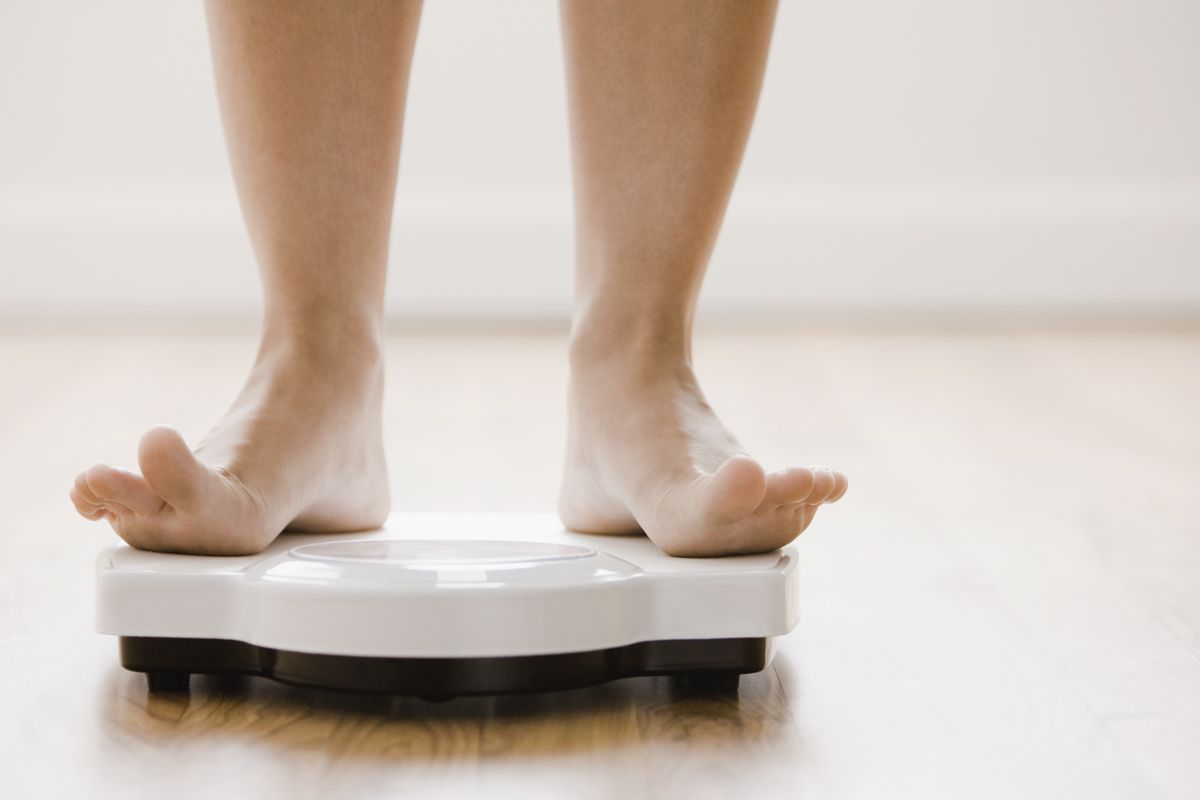weight loss tips for individuals with type 1 diabetes:
Type 1 diabetes is a chronic condition that affects millions of people worldwide. It occurs when the pancreas fails to produce insulin, a hormone that regulates blood sugar levels. As a result, individuals with type 1 diabetes must rely on insulin injections or pumps to manage their blood sugar levels. While weight loss can be challenging for anyone, it can be particularly challenging for individuals with type 1 diabetes. However, with the right approach, it is possible to lose weight in a healthy and sustainable way. In this article, we’ll explore some effective weight loss tips for individuals with type 1 diabetes.
- Consult with a healthcare professional
- Before starting any weight loss program, it’s important to consult with a healthcare professional who specializes in diabetes management. They can provide guidance on the appropriate calorie intake, insulin dosages, and exercise recommendations for your specific needs. Your healthcare professional may also recommend specific weight loss programs or support groups for individuals with type 1 diabetes.
- Monitor blood sugar levels
- Changes in diet and exercise can affect blood sugar levels, so it’s important to monitor them closely. Be sure to check your blood sugar levels before and after meals and physical activity, and adjust your insulin dosage accordingly. You may need to check your blood sugar levels more frequently when starting a new weight loss program.
- Choose nutrient-dense foods
- Eating a diet that is rich in nutrients and low in calories is important for weight loss and diabetes management. Choose whole, unprocessed foods that are high in fiber, vitamins, and minerals. Good choices include fruits, vegetables, lean proteins, and whole grains. Avoid foods that are high in added sugars, saturated and trans fats, and sodium.
- Count carbohydrates
- Carbohydrate counting is a useful tool for individuals with type 1 diabetes who want to lose weight. By tracking your carbohydrate intake, you can more easily control your blood sugar levels and ensure that you’re not overeating. Work with a registered dietitian who specializes in diabetes management to develop a carbohydrate counting plan that is tailored to your specific needs.
- Limit saturated and trans fats
- Saturated and trans fats can increase your risk of heart disease, which is already higher for individuals with type 1 diabetes. Limit your intake of these fats by choosing lean proteins, low-fat dairy products, and healthy fats like olive oil, nuts, and seeds. Avoid foods that are high in saturated and trans fats, such as fried foods, processed meats, and baked goods.
- Stay hydrated
- Drinking plenty of water can help you feel full and prevent overeating. It can also help to flush out excess glucose in the urine, which can be a problem for individuals with type 1 diabetes. Aim for at least 8-10 glasses of water per day, or more if you’re physically active.
- Exercise regularly
- Regular exercise is important for weight loss and diabetes management. Aim for at least 30 minutes of moderate-intensity exercise most days of the week, or as recommended by your healthcare professional. Activities like walking, cycling, and swimming are great options. Be sure to monitor your blood sugar levels before and after exercise and adjust your insulin dosage accordingly.
- Adjust insulin dosage
- As you lose weight, your insulin needs may change. Work with your healthcare professional to adjust your insulin dosage as needed to prevent hypoglycemia (low blood sugar) or hyperglycemia (high blood sugar). Be sure to monitor your blood sugar levels closely when starting a new weight loss program or increasing your physical activity.
- Get enough sleep
- Lack of sleep can affect blood sugar levels and increase appetite, making weight loss more difficult. Aim for 7-8 hours of sleep per night, and establish a consistent sleep schedule. If you have trouble sleeping, talk to your healthcare professional about strategies for improving your sleep.
- Manage stress
- Stress can affect blood sugar levels and increase the risk of overeating or making unhealthy food choices. Develop strategies for managing stress, such as meditation, deep breathing, or yoga. You may also find it helpful to talk to a mental health professional or join a support group for individuals with type 1 diabetes.
In conclusion, weight loss can be challenging for individuals with type 1 diabetes, but it is possible with the right approach. By working with a healthcare professional, monitoring blood sugar levels, choosing nutrient-dense foods, counting carbohydrates, limiting saturated and trans fats, staying hydrated, exercising regularly, adjusting insulin dosage, getting enough sleep, and managing stress, you can achieve your weight loss goals while also managing your diabetes. Remember that weight loss should be gradual and sustainable, and that the most effective approach is one that is tailored to your specific needs and lifestyle.





